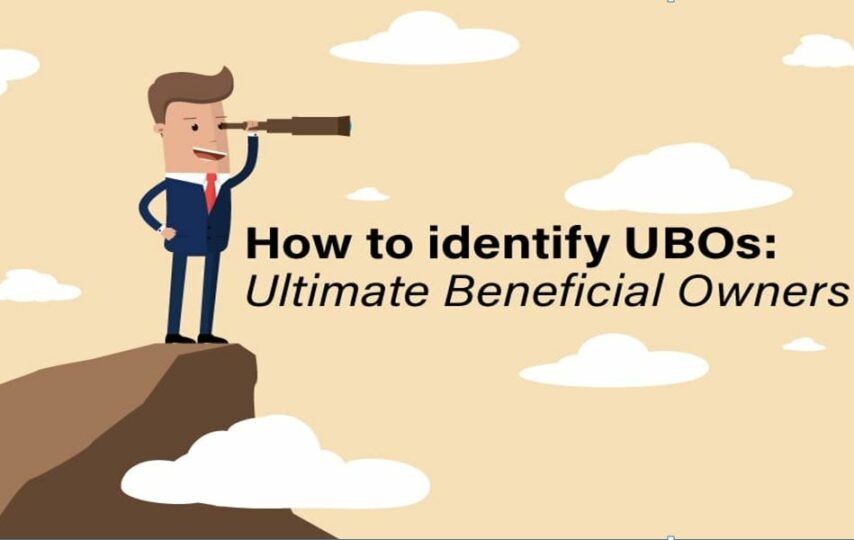Not all business owners are clearly listed, here’s how to find them
What is an ultimate beneficial owner (UBO) and why do you need to know who it is?
A UBO is an individual who controls at least 25% of a company. The UBO can also be a person with over 25% voting rights.
When a company has a sole proprietor, identifying the UBO is relatively straightforward.
However, it gets a little more complicated when a company has multiple owners.
Only a couple of individuals might be listed as owners but another hidden individual also has significant control.
So, why do some UBOs want to stay in the shadows and why do you need to know who they are?
Why Do Some UBOs Prefer Anonymity
When an ultimate beneficial owner wants to keep their role in a company under wraps, it is typically for legal reasons and a specific purpose.
For example, wealthy individuals may want to place their assets in a trust and name their eventual inheritors as trustees. Celebrities commonly use shell companies to protect their safety and keep their home addresses out of the public eye.
However, some UBOs use the practice for illegal reasons like avoiding paying taxes or to get around government sanctions.
Why You Need to Know the UBO
In most countries, any financial business partnerships must identify the UBO. The law is in place for a legitimate reason.
The law applies to businesses that handle money or process transactions. Identifying the UBO is a security precaution helping to ensure the business owner is not engaging in illegal activities such as funding terrorism.
Failing to identify the UBO can result in expensive fines and penalties.
How to Find the UBO
Performing a UBO search is often the easiest way to identify a hidden owner. Tax records are a start, along with researching business ownership papers. Most of the information you need is online.
However, a UBO searchcan be time-consuming especially when multiple shell companies are involved.
Along with performing online searches, you can also ask the company to identify any UBOs. Legally the company is required to submit the requested information.
However, you still want to perform your due diligence. This means verifying any submitted information through your business’s KYC processes. Not sure what KYC is? The acronym stands for Know Your Customer.
You must know who your customer is before entering into a financial partnership. This applies to financial institutions and payment processing services, to name a few.
Make a Decision Based on A Risk Analysis
Once you have all of the requested information, along with your research. The final step is to assess your risk.
This means deciding if it is a smart business decision to enter into a partnership with a company partially owned and controlled by a UBO.
In most instances, the risk is non-existent. The majority of UBOs follow all laws and financial regulations. However, the final decision is yours and it always pays to know precisely who you are doing business with.








